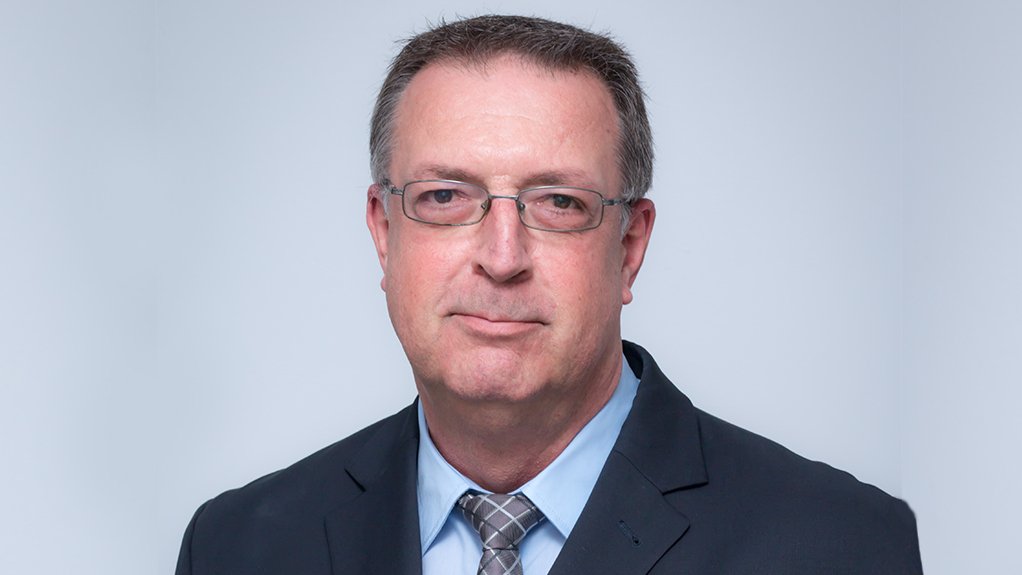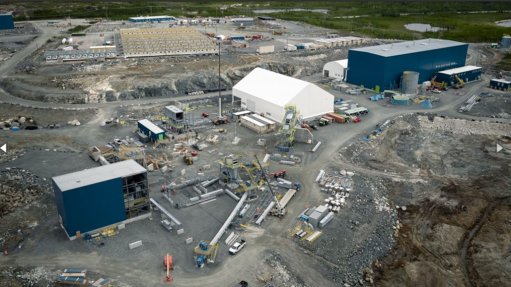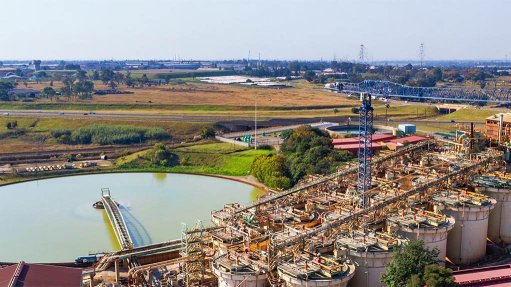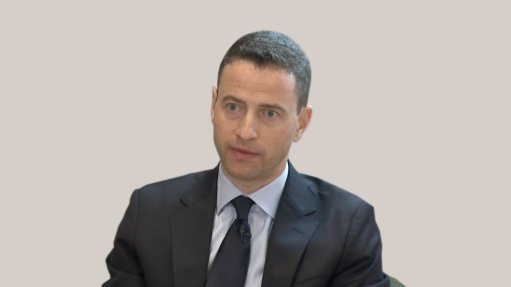BME launches graduate programme to contribute to mining skills development
Explosives company BME, part of the Omnia group, has launched a two-year graduate programme to address youth unemployment and skills shortages in the mining industry.
The programme targets various disciplines in engineering and science – including mining, chemistry and microbiology, as well as skills in the fields of safety, health, the environment and quality assurance.
This is part of the commitment by BME’s leadership to support skills development and the growth of young people within the mining industry. The initiative is also instrumental in attracting and retaining talent for the company.
BME MD Ralf Hennecke noted in a media release issued on October 17 that many businesses in industry required work experience from job candidates, which often excluded graduates from consideration because they did not have the necessary skills or the understanding of the work environment to fill the role.
“Coupled to this, some graduates consider the work environment to be daunting. We, therefore, believe our role will be to ensure each graduate in our programme is provided with the opportunity to grow and develop and reach their full potential. It is vital that we invest in skills development,” he said.
BME has recruited 19 graduates and placed them at various underground and surface mining sites where the company is currently active. Some graduates have also been placed at BME’s Losberg emulsion plant and its AXXIS initiation system plant.
“It is crucial to train graduates without prior work experience. Skills development, and bringing new entrants into the sector, is critical in growing our economy and the mining sector, which is still one of the largest contributors to the country’s gross domestic product,” BME human resources manager Tebogo Seakamela said.
She noted that BME prioritised the nurturing and development of young talent, highlighting that these graduates gained valuable knowledge and understanding of the real world of work while participating in the programme.
As a trend in the market, most locally trained graduates are also recruited into other countries after completing a graduate programme, which Seakamela said was commendable.
She highlighted that, while the graduates were from various universities across the country, the majority were from the Wits Mining Institute at the University of the Witwatersrand, in Johannesburg.
BME said it remains optimistic about the South African mining industry, as well as the prospects for the rest of the continent.
“Locally, the Northern Cape is booming, while the rest of Africa and other key BME markets – such as Indonesia, Latin America, Australia and the US and Canada – continue to grow. These . . . markets are vastly different to South Africa and, in some instances, considered challenging.
“We believe this programme works together with BME’s continuing expansion strategy of taking our African expertise to the rest of the world and will offer these graduates the opportunity to benefit from exposure to these markets and the global mining industry,” Seakamela said.
She added that the industry was also evolving in terms of minerals extraction, noting that, with the introduction of automated and artificial intelligence-based mining, the graduates would get first-hand experience of these technologies being used in the workplace.
“We are building the skills for the future, as well as ensuring that we cultivate a learning culture that encourages and enables critical thinking and innovation,” Seakamela said.
The graduates are offered diverse career path options.
BME held a two-day induction for all its interns across various disciplines at the beginning of October.
“The aim was to familiarise us with the company structure, various disciplines, and the people responsible for certain roles within the organisation,” said mining engineering graduate Mampe Mogale, who is currently stationed at a mining operation in the Northern Cape.
“BME is proud to play its part in cultivating the future workforce, preparing them for the field of work. South African graduates are talented and, with on-site experience, can be gainfully employed,” Hennecke said.
Article Enquiry
Email Article
Save Article
Feedback
To advertise email advertising@creamermedia.co.za or click here
Press Office
Announcements
What's On
Subscribe to improve your user experience...
Option 1 (equivalent of R125 a month):
Receive a weekly copy of Creamer Media's Engineering News & Mining Weekly magazine
(print copy for those in South Africa and e-magazine for those outside of South Africa)
Receive daily email newsletters
Access to full search results
Access archive of magazine back copies
Access to Projects in Progress
Access to ONE Research Report of your choice in PDF format
Option 2 (equivalent of R375 a month):
All benefits from Option 1
PLUS
Access to Creamer Media's Research Channel Africa for ALL Research Reports, in PDF format, on various industrial and mining sectors
including Electricity; Water; Energy Transition; Hydrogen; Roads, Rail and Ports; Coal; Gold; Platinum; Battery Metals; etc.
Already a subscriber?
Forgotten your password?
Receive weekly copy of Creamer Media's Engineering News & Mining Weekly magazine (print copy for those in South Africa and e-magazine for those outside of South Africa)
➕
Recieve daily email newsletters
➕
Access to full search results
➕
Access archive of magazine back copies
➕
Access to Projects in Progress
➕
Access to ONE Research Report of your choice in PDF format
RESEARCH CHANNEL AFRICA
R4500 (equivalent of R375 a month)
SUBSCRIBEAll benefits from Option 1
➕
Access to Creamer Media's Research Channel Africa for ALL Research Reports on various industrial and mining sectors, in PDF format, including on:
Electricity
➕
Water
➕
Energy Transition
➕
Hydrogen
➕
Roads, Rail and Ports
➕
Coal
➕
Gold
➕
Platinum
➕
Battery Metals
➕
etc.
Receive all benefits from Option 1 or Option 2 delivered to numerous people at your company
➕
Multiple User names and Passwords for simultaneous log-ins
➕
Intranet integration access to all in your organisation





















